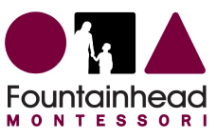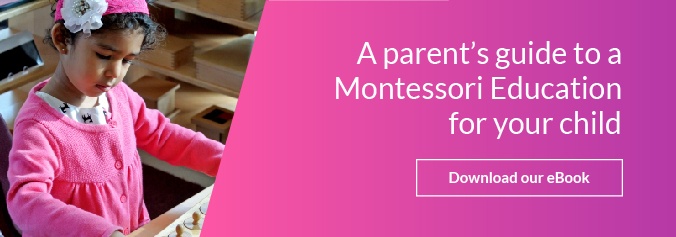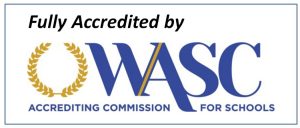A Montessori education is more than just an alternative teaching method; it's a holistic approach to learning that can set the stage for a child's future success. Rooted in the philosophy developed by Dr. Maria Montessori, this educational style emphasizes independence, respect for a child's natural psychological development, and a focus on the whole child—physical, social, emotional, and cognitive. Let's delve into how a Montessori education can be a key contributor to your child's success.
The Foundation of Montessori Education
Montessori education is unique in its approach to learning and development. Key aspects include mixed-age classrooms, student-chosen activities, uninterrupted blocks of work time, and a specially prepared learning environment. This method encourages children to explore and learn at their own pace, fostering a love for learning and independent thought.
Fostering Independence and Self-Discipline
One of the most significant advantages of a Montessori education is the emphasis on developing independence and self-discipline. In a Montessori classroom, children choose their activities and learn to work independently, which fosters decision-making skills and personal responsibility. This early development of self-discipline and self-motivation is crucial for success in later life.
Encouraging a Love for Learning
Montessori education encourages children to explore subjects that interest them deeply. This student-led approach makes learning enjoyable and relevant, instilling a love for learning that often continues throughout a child's academic journey and beyond.
Developing Social Skills
The mixed-age classrooms in Montessori schools allow younger children to learn from older ones and vice versa. This interaction not only enhances academic learning but also social skills. Children learn empathy, collaboration, and respect for others, which are essential skills for personal and professional success.
Enhancing Creativity and Problem-Solving Skills
Montessori education fosters creativity and problem-solving. The open-ended nature of many Montessori materials and activities encourages children to think creatively and explore multiple solutions to problems. These skills are highly valued in higher education and the modern workplace.
Preparing for the Real World
The Montessori approach is designed to prepare children for the real world. Practical life activities, such as cooking, cleaning, and gardening, are integral parts of the curriculum. These activities teach children real-world skills and a sense of responsibility.
Tailored Learning Experiences
Montessori teachers are trained to recognize and respect the unique individuality of each child. They tailor learning experiences to match the child’s needs, pace, and interests, which can result in more effective and meaningful learning.
Building a Strong Academic Foundation
Though not the sole focus, academic excellence is a natural outcome of the Montessori method. The curriculum covers all traditional subjects but in a way that connects learning to real-life applications, enhancing understanding and retention.
Long-Term Benefits
Montessori-educated children often excel academically, socially, and emotionally. They tend to display advanced social skills, a greater sense of justice and fairness, and often outperform their non-Montessori peers in reading, math, and social problem-solving.
A Montessori education offers more than just academic knowledge; it builds the foundational skills needed for lifelong success. This type of program focuses on the whole child, encourages a love for learning, and fosters independence and critical thinking. Montessori education equips children with the tools they need to navigate their academic journeys and future careers effectively. For parents considering Montessori for their children, it’s a decision that could have a lasting positive impact on their child’s life.












Let us know what you think about this post
Put your Comment Below: